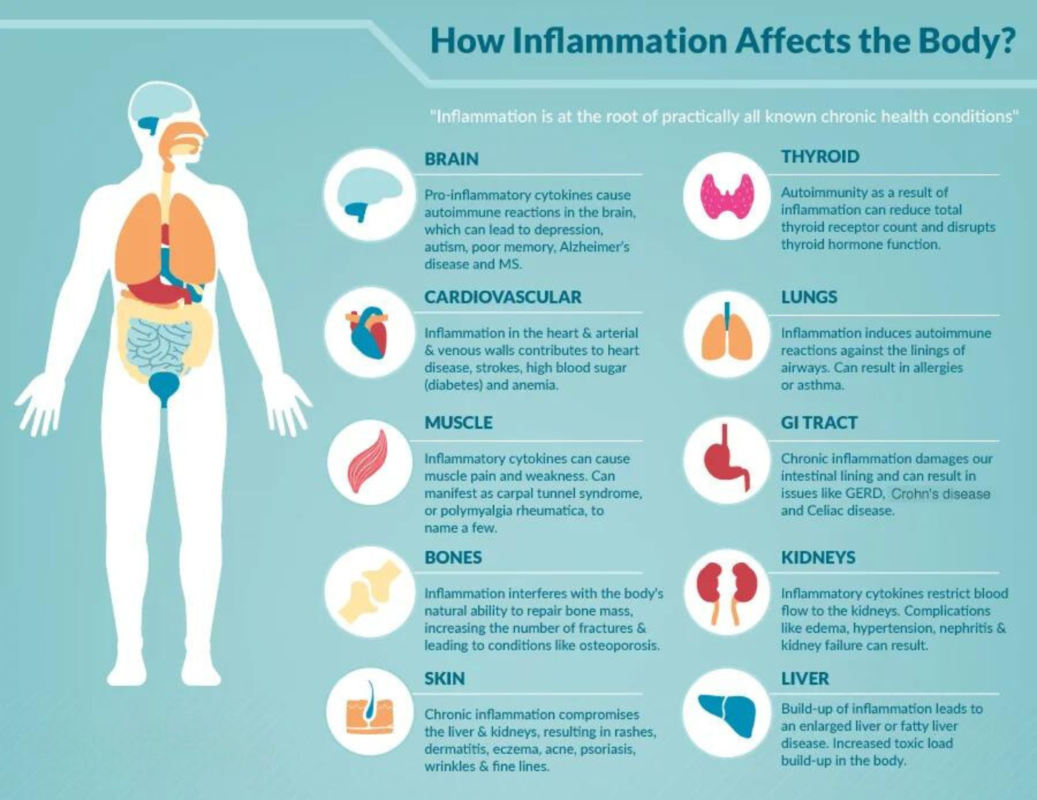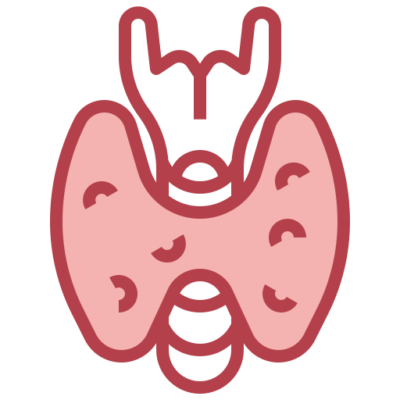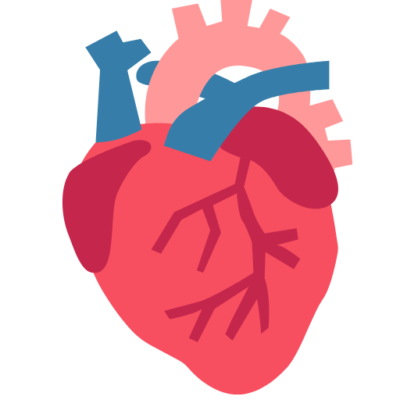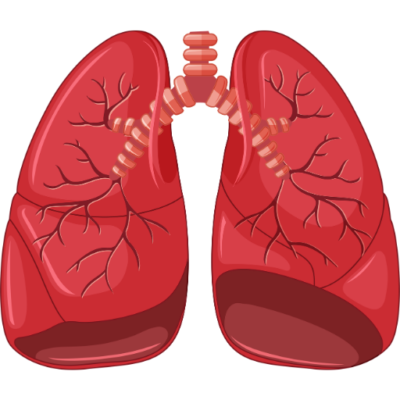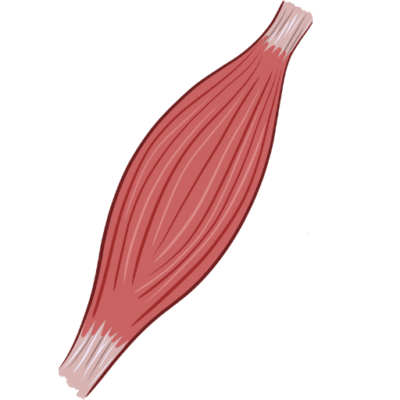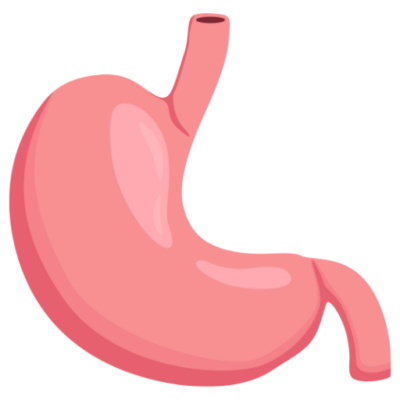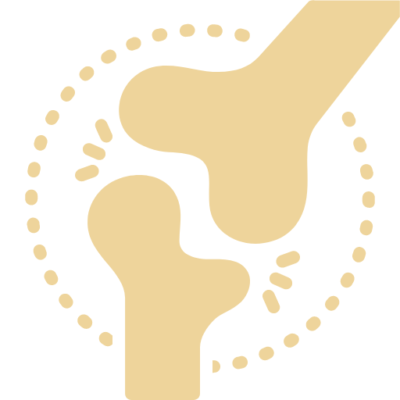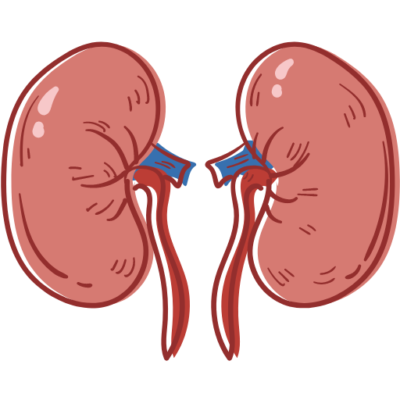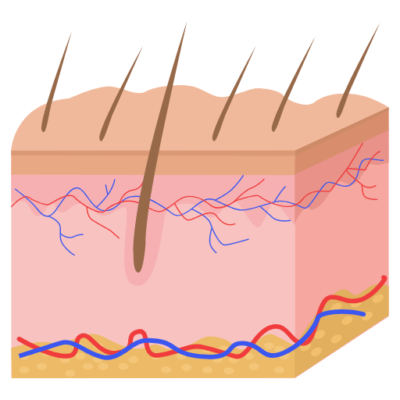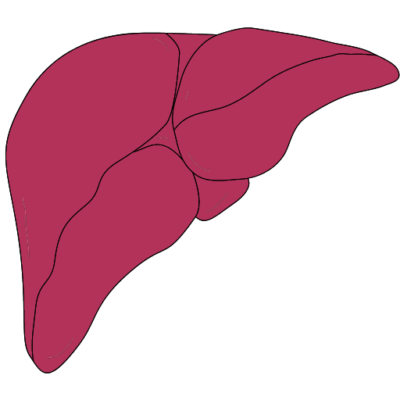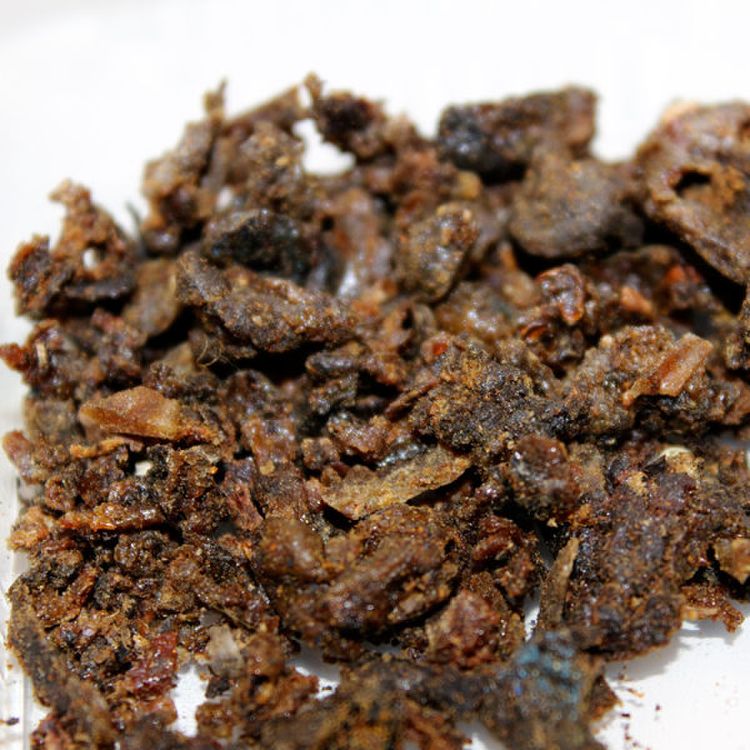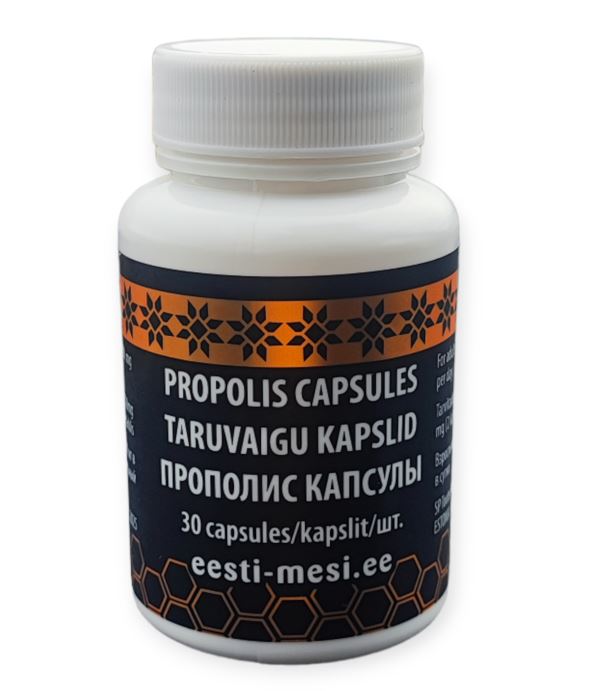
This does not have to be this way
We have a natural remedy for youHow does inflammation affect the body?
#1: Brain
Anti-inflammatory cytokines cause autoimmune reactions in the brain that can lead to depression, autism, poor memory, Alzheimer's disease and MS.
#2: Thyroids
Autoimmunity can reduce the total number of thyroid receptors and interfere with thyroid hormone function as a result of inflammation.
#3: Cardiovascular system
Inflammation of the walls of the heart, arteries and veins causes heart disease, stroke, high blood sugar (diabetes) and anaemia.
#4: Lungs
Inflammation triggers autoimmune reactions against the lining of the airways. Can cause allergies or asthma.
#5: Muscles
Inflammatory cytokines can cause muscle pain and weakness. This can take the form of, for example, carpal tunnel syndrome or polymyalgia rheumatica.
#6: Digestive tract
Chronic inflammation damages the lining of our gut and can lead to problems such as GERD, Crohn's disease and coeliac disease.
#7: Bones
Inflammation interferes with the body's natural ability to repair bone mass, increasing the number of fractures and causing diseases such as osteoporosis.
#8: Kidneys
Inflammatory cytokines restrict blood flow to the kidneys. Complications such as swelling, hypertension, nephritis and kidney failure can result.
#9: Skin
Chronic inflammation threatens the liver and kidneys, resulting in rashes, skin inflammation, eczema, acne, psoriasis, wrinkles and fine lines.
#10: Liver
The accumulation of inflammation leads to enlarged liver or fatty liver disease. Increased accumulation of toxic load in the body.

What is a sticker?
Tarvaiku has been used in folk medicine for several hundred years to treat various diseases, inflammation, wounds and infections.
More than 2,000 scientific papers have been written on the use of hive beeswax, supporting the view that hive beeswax is a very versatile and useful substance, not only for bees but also for humans.
Propolis contains compounds such as flavonoids and phenols, which are known for their anti-inflammatory properties. These compounds are able to effectively reduce inflammation, thereby also relieving pain and swelling.
Features
6 good properties of resin for inflammatory conditions
#1: Anti-inflammatory effect
Fenugreek, or propolis, contains compounds such as flavonoids and phenols, which are known for their anti-inflammatory properties. These compounds can potentially reduce inflammation and swelling.
#2: Antioxidants
Oxidative stress contributes directly to inflammation. Propolis has strong antioxidant properties that help neutralise free radicals and reduce oxidative stress in the body.
#3: Immune support
Propolis may have immunomodulatory effects, which may be useful in regulating the immune response in inflammatory conditions.
#4: Analgesic effect
Studies suggest that propolis may have analgesic properties that help relieve pain, a common symptom in inflammation patients.
#5: Better protection against bacteria
- Staphylococcus aureus: a common bacterium that can cause skin infections and other more serious health problems.
- Escherichia coli (E. coli): some strains can cause intestinal infections and other health problems.
- Helicobacter pylori: a bacterium that lives in the digestive tract and can cause stomach ulcers and inflammation.
- Streptococcus spp: This includes several bacteria that cause sore throats, skin infections and other diseases.
- Candida albicans: propolis also has activity against Candida, which can cause fungal infections.
#6: 100% natural
The horseradish resin comes directly from nature, without chemical additives.
Natural approach
30 capsules for daily consumption to achieve the anti-inflammatory and antioxidant effects of fenugreek.
Propolis capsules
30 capsules for daily consumption to achieve the anti-inflammatory and antioxidant effects of propolis.
Supplementary food supplement in the right dose, 30 capsules
You can buy Taruvaigu capsules hereUser feedback
References to studies showing the effects of taruva resin on various inflammatory conditions.
https://www.ncbi.nlm.nih.gov/pmc/articles/PMC9007309
https://www.ncbi.nlm.nih.gov/pmc/articles/PMC8253959/
https://pubmed.ncbi.nlm.nih.gov/34258468/
https://www.ncbi.nlm.nih.gov/pmc/articles/PMC8158978/
https://www.mdpi.com/2227-9059/11/2/259
Also consult your doctor
It is important to note that we do not offer direct medical advice. We always recommend consulting health professionals to ensure suitability for each specific situation.


